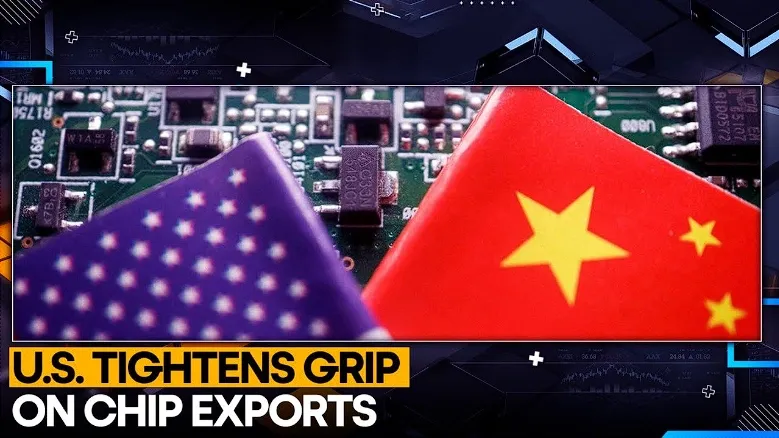Global Regulatory Success vs. Chinese Hurdle
Broadcom's ambitious $61 billion bid to acquire VMware has cleared stringent regulatory hurdles worldwide, with the U.S. Federal Trade Commission allowing its investigation to lapse and the European Commission imposing conditions.
However, the deal now faces a critical challenge from Chinese authorities, casting doubt on its closure just days before Broadcom's set deadline.
Global Regulatory Triumphs
Broadcom's acquisition of VMware, announced in May 2022 as a $61 billion stock and cash deal, has navigated extensive scrutiny from various international regulators.
The European Commission, after a thorough investigation, highlighted potential competition concerns among Broadcom's rivals in the chip sector.
Nevertheless, the deal was greenlit with strict conditions, including the establishment of a dispute resolution mechanism monitored by an independent judge for ten years.
This follows Broadcom's prior commitment under a seven-year consent decree in the European Union, aimed at addressing past illegal sales practices.
In the United States, Broadcom faced a rigorous second-request investigation from the Federal Trade Commission and similar scrutiny from the U.K.'s Competition and Markets Authority.
Despite these challenges, both regulatory bodies ultimately allowed the acquisition to proceed, underscoring Broadcom's ability to overcome complex antitrust concerns on multiple fronts.

Chinese Roadblock
Despite Broadcom's triumph elsewhere, its aspirations hit a snag with Chinese authorities, who are now threatening to block the merger.
This stance is seen as a retaliatory measure against recent U.S. trade policies restricting China's access to advanced semiconductor technologies from companies like Nvidia and Micron.
These restrictions, aimed at curbing China's technological advancements in AI and military applications, have heightened geopolitical tensions in the tech sector.
The Chinese government's potential obstruction of the Broadcom-VMware deal, despite global regulatory approvals, underscores the increasingly politicized nature of cross-border mergers and acquisitions involving U.S. entities.
While Chinese officials have not publicly commented on their stance, sources indicate that approvals for U.S.-related M&A deals now involve consultations with key political entities like the Ministry of Foreign Affairs and the State Council, amplifying the deal's political sensitivity.







